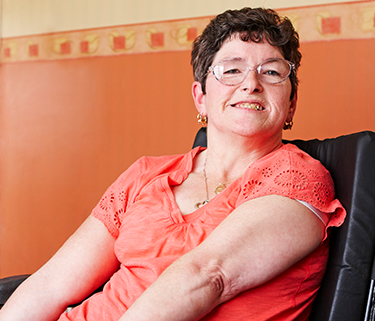New HUD Rule Weakens Fair Housing Protections for People With Disabilities
WASHINGTON – The U.S. Department of Housing and Urban Development (HUD) is moving forward with a harmful rule that threatens the protections of The Fair Housing Act for millions of people with disabilities. The new Affirmatively Furthering Fair Housing (AFFH) rule, called the “Preserving Community and Neighborhood Choice,” published today, is a big step backward from efforts to fight housing discrimination and segregation in the U.S.
People with disabilities face a profound and longstanding housing crisis, including the lack of safe, affordable, accessible and integrated housing, and significant housing-related discrimination. These circumstances, based in a history of exclusion and segregation, make it difficult for people with disabilities to live and participate in their community, and puts many people with disabilities at risk of unnecessary institutionalization or homelessness.
Under the new rule, HUD has effectively given up on ensuring that housing agencies and communities receiving HUD funding significantly advance fair housing. It means less oversight, weaker to no standards, and lost opportunities to improve housing for people most in need, including people with disabilities. The new rule strips away the prior regulations and assessment tools, which included relevant data, analysis and public input. It replaces them with a toothless self-certification, where “any action” related to promoting fair housing is sufficient. The final rule also eliminated language requiring steps to expand opportunities for people with disabilities to live in “the most integrated setting appropriate.” And it makes these changes based on a process that ignores the comments received on the earlier, proposed version.
“A home, either rented or owned, is the cornerstone of independence. Living as independently as possible and being part of a community are crucial for people with intellectual and developmental disabilities, but HUD’s new rule could result in many people with disabilities continuing to be stuck in or forced into institutional settings, into housing that is substandard or unsafe, or homelessness, instead of a life they choose in the community,” said Peter Berns, CEO, The Arc. “The Arc will advocate to reinstate this critical tool to desegregate communities and continue to fight for fair housing.”








